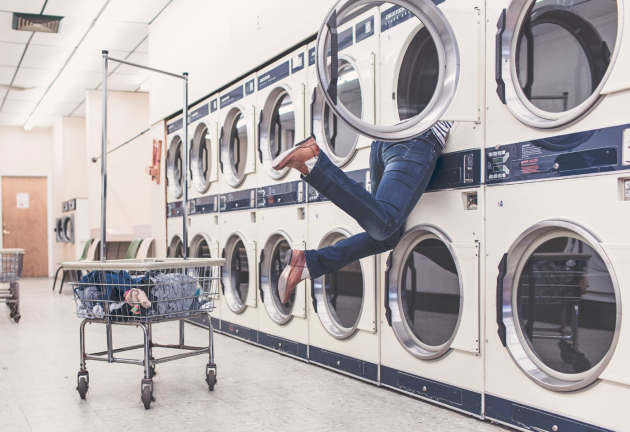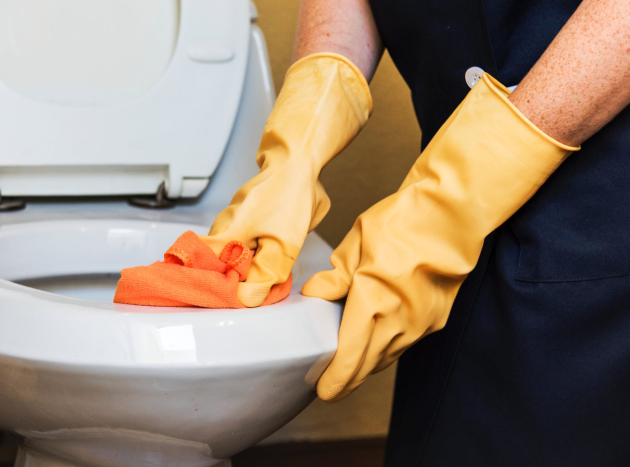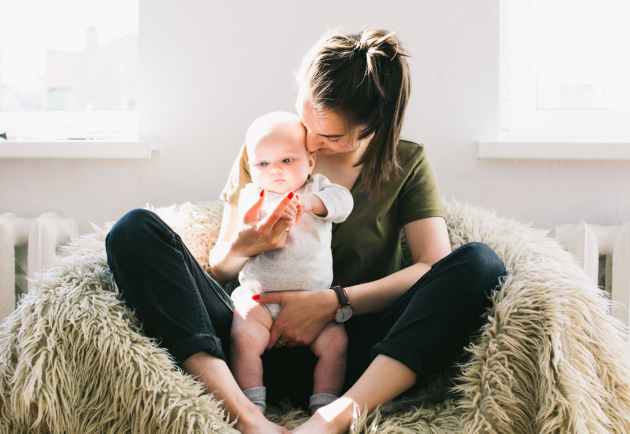
Study finds women living with men do ‘majority’ of household chores
This may just boil your blood to dangerous levels. Many of us are well-used to cleaning up after ourselves, as well as the men around us.
New research has found that women who share a home with a male partner undertake the 'majority' of the household chores, which is unsurprising to most.
Researchers at University College London and Imperial College London have found that women still do most of the household duties when they live with a man, specifically 16 hours per week on tasks compared to the mere six that men carry out.
The Independent reported on the data, which was taken on 8513 heterosexual couples who lived together between the ages of 16 and 25 from 2010 until 2012 in the UK.

The findings of the UK Household Longitudinal Study can't be applied to queer couples or couples who don't live together.
The study was published in the journal Work, Employment and Society, and focused on a series of weekly work variables; hours spent at a paid job, hours spent caring for a child or adult and hours spent on chores.
The education of the participants and their attitudes towards gender roles were also examined.
The couples were divided into eight groups, based on the balance of paid and domestic work each partner carried out.

A range of people were included with different backgrounds such as low caregiving responsibilities, men who are the primary earner, women who are the breadwinners, women who do most of the household work, dual earners who shared caregiving responsibilities, women who work part-time and do domestic work, couples with men who work long hours, and unemployed couples with low caregiving responsibilities.
It was found that women completed the majority of the domestic tasks in a shocking 93 percent of the couples surveyed.
When both partners worked full-time, women were FIVE TIMES more likely to spend 20 hours or more a week on chores.

50 percent of the couples examined had a "relatively egalitarian division of work," according to the authors of the study.
However, only two groups (seven percent of the couples) were seen to be the most egalitarian: a female earner who shared domestic work and couples in which men spent long hours on chores.
"The female-earner was the only group in which men’s contribution to the housework was similar to that of their partners, and this group had the highest proportion of women with educational qualifications higher than those of their partners," the study reads.

The authors concluded that in the UK, "gender equality in divisions of work is rare and gender norms remain strong."
Both partners need to share feminist ideals when it comes to household work being divided fairly, but a baby constantly thrust couples back into their old roles.
"The largest egalitarian groups in this study were less likely to have children," according to the data.
Gender disparities clearly still exist when it comes to care-giving and household duties, with domestic employment still mainly women in the workforce.











